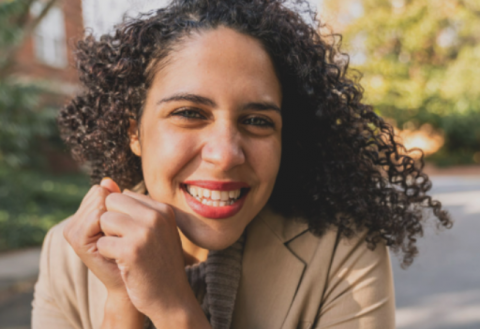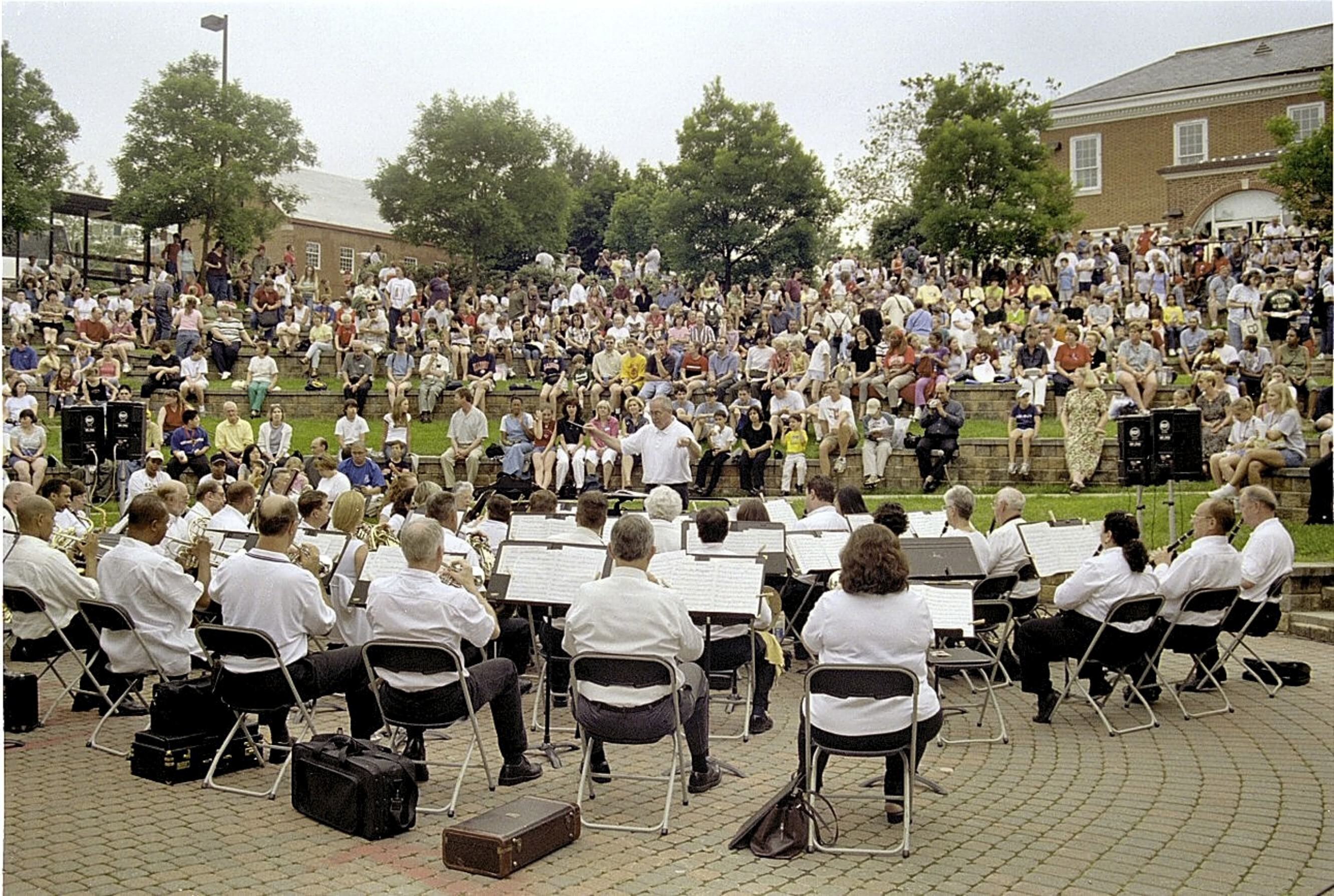The Secret to Making Friends as an Adult
The Secret to Making Friends as an Adult

By Marisa Franco Ph.D. ’17
I've lived my 20s as a part-time nomad, flip-flopping between New York City and Washington, D.C., wandering around Haiti for two summers, and spending six months in Trinidad and Tobago. I settled in Atlanta for my first job as a college professor. What I was most anxious about during all of these trips was never culture shock or homesickness. It was making friends. I would be haunted by visions of myself, isolated, in a new city or country.
There are a few things I wish I would have known that would have helped my college-aged self, hungry for connections but clueless as to how to make them.
First, friendships don't just happen.
In fact, the belief that friendships happen organically can hinder our chances of making friends. One study found that believing that friendship happens based on luck was related to more loneliness five years later, whereas believing that friendship takes effort was related to less loneliness. Why? The people who believed making friends took effort put the effort in. They showed up at events and were intentional about making connections. Many of us may rely on the belief that no-matter-what-I-do-I-won't-make-friends. That sort of thinking becomes a self-fulfilling prophecy. The evidence shows that if you put yourself out there, you are much more likely to make friends.
But what does it mean to put yourself out there?
Ellen Hendriksen, author of “How to Be Yourself: Quiet Your Inner Critic and Rise Above Social Anxiety,” differentiates between overt and covert avoidance. Overt avoidance means failing to show up at events and clubs, and covert avoidance means failing to engage with people when you get there. We have to overcome both overt and covert avoidance to make friends. It's not enough just to place yourself in the vicinity of others if you're not willing to introduce yourself.
Many of us see ourselves as passive agents of our social worlds, waiting for someone else to reach out to us and introduce themselves, but we must embrace the idea that we are in more control of our social worlds than we think. The more intentional we are about connecting with others, the more we benefit.
People like us more if they are merely exposed to our face.
I have one last message for younger-me—because she did something right. A famous tenet of psychology is called the "mere exposure effect." One study involved planting strangers in a college class, for a varying number of classes. The strangers didn’t interact with the students, and yet the students reported liking the stranger who showed up for many classes more than the one who showed up for fewer. Students' likeability ratings were 20 percent higher for the stranger who showed up to the class the most, compared to the one who showed up the least.
This means that if we show up regularly, people will come to like us more and more over time. So, we should never judge a new club or class based on our impressions during the first meeting, when everyone is stilted and threatened by unfamiliar characters. Knowing about mere exposure means that we all need to not just show up and engage but show up continuously.
This might sound like a lot of work. Shouldn't friendships just happen like they did when we were younger? The sooner we rid ourselves of the belief that they do, the sooner we will make friends. In being intentional about our relationships now, we are curating our future lives. If we envision a world for ourselves where we are thriving with connection, surrounded by people we love and who love us, then we have to start building that world now.
Note: This article is reposted on my website where you can take a quiz to assess your friendship skills. The full article can be read on Psychology Today.
###
The Alumni Blog connects you with the latest at UMD. Check out articles on advancing your personal and professional goals, elevating your UMD pride, and celebrating Terp traditions, legacies and accomplishments. For even more content, follow the Alumni Association on Facebook, Instagram, Twitter, LinkedIn and YouTube. Become a UMD Champion to receive monthly shareable pride points, news and more straight to your inbox.

Do Good Spotlight: How Lisa Wiederlight ’90 is Building a Home for Hope

A Legacy Beyond His Years: Alum’s Gift Honors Veteran’s Memory at Maryland

Three Generations, One Stage: Maryland Community Band Turns 30

